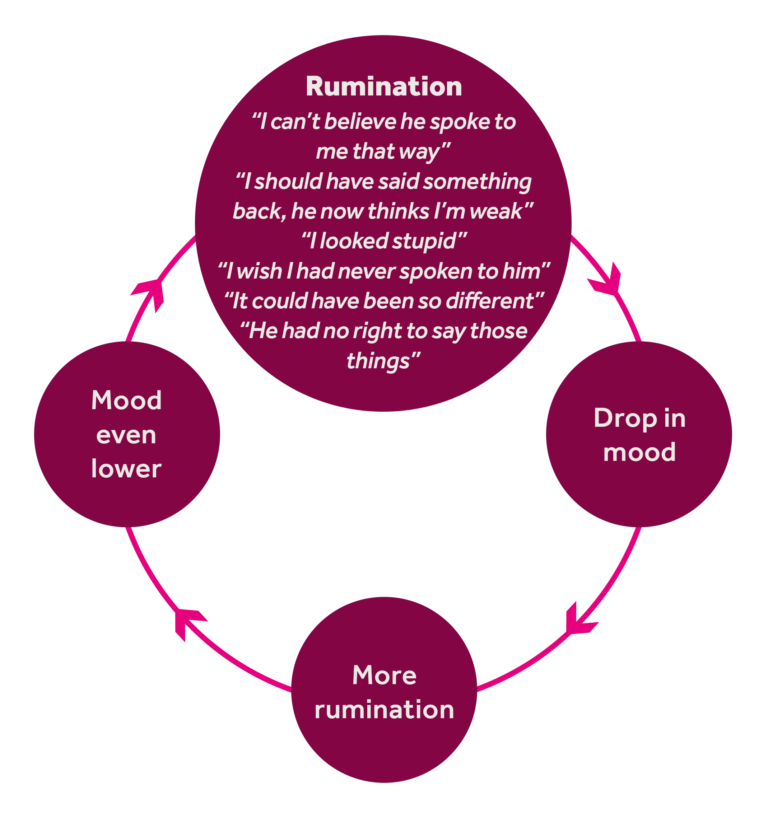Neurodiversity is a term applied to people with diagnosed or undiagnosed neurological deviations from the norm, including dyslexia, cognitive dysfunction, anxiety disorders, OCD, ADHD, and conditions that fall on the autism spectrum. It refers to the variations in the human brain and cognition, such as in terms of sociability, learning, attention, mood, and other mental functions.
The concept of neurodiversity celebrates these differences as valuable variations and an important part of human diversity—something to be celebrated, not cured.[i]
The people I described as ‘atypical’ are the undiagnosed individuals who don’t fall solely into one particular neurological condition but overlap on to one another. Each person is different, each with their own unique cocktail of limitations and corresponding skills, abilities, and perspectives.
Photo reference Therapy Focus
Click on the + to read about about each condition
-
Short term memory deficit
Problems with abstract conceptualization
Attention deficit
Slowed information processing
-
Difficulty and confusion with math
Poor number sense
Low self esteem and anxiety around numbers/math
Difficulty with money and calculating change
-
Avoiding eye contact
Hysteries
Sensitive to noises
Hyperactive
Sleep problems
Ignoring the dangers
-
Difficulty with getting ideas on paper
Problems with organization
Problems note taking\Handwriting difficulties
Similar sounds cause confusion
Needing to re-read
Co-ordination problems
Difficult remembering things
Gets lost easily
-
Excessive repetitive thinking about the same event
Continuous cycle
-
Difficulty focusing
Forgetfulness
Always worried
Easily distracted
Easily get irritated
-
Frequent worries that interferes with daily life
Irrational fears and avoidance of harmless objects, places and situations
Recurring nightmares, flashbacks
Withdrawal from social life
Out of the blue panic attacks
-
Obsessions around losing control, contamination, harming someone and losing important things.
Compulsions around washing/cleaning, orderliness, double checking, following a strict routine
Cognitive dysfunction
Dyscalculia
Autism
Dyslexia
Rumination
ADHD
Anxiety disorder
Obesessive Compulsive Disorder
Left - Right brain
Condition combinations
There is already a recognition that certain neurological condition do overlap on other singular conditions, like Dyslexia onto Dyscalculia or OCD onto ADHD, resulting in common symptoms.
Here are a few examples
There are a lot of overlapping ‘symptoms’ which can make it difficult to diagnose. Here are some common differences
Although there is a recognition of a connection between conditions. The atypical brain may very well suffer from all to most of the conditions to some degree, resulting in an array of corresponding skills and perspective.





























